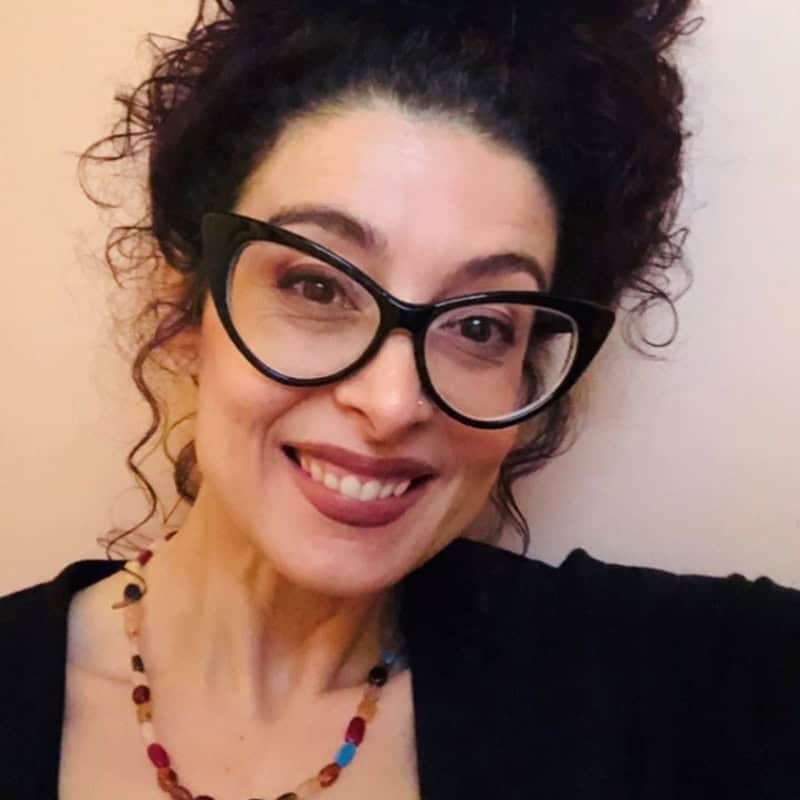
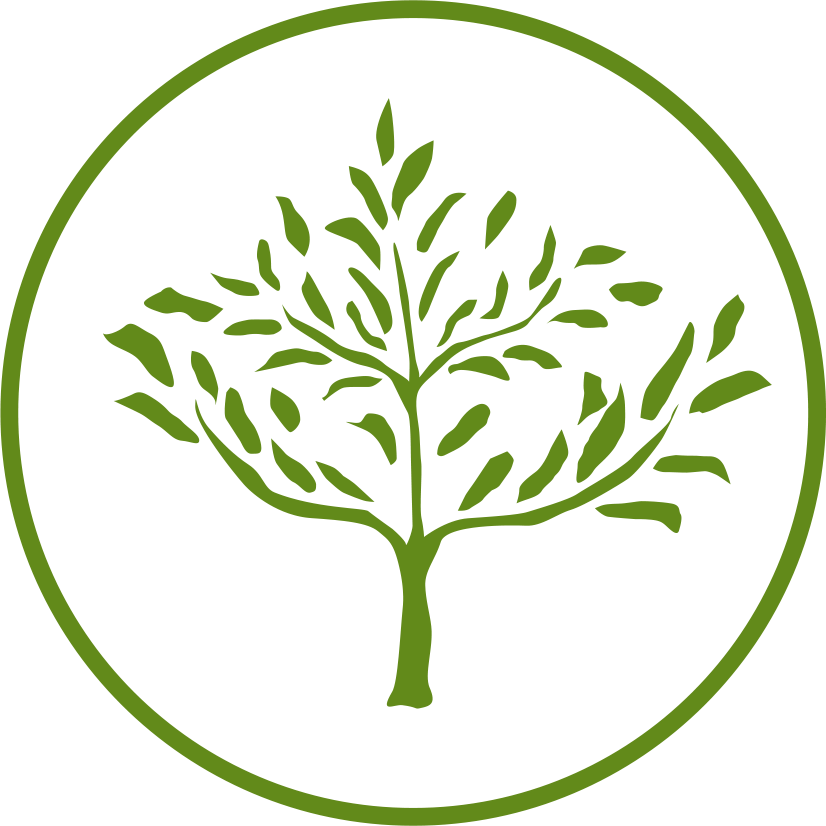
Tennessee Conference on Grief
Thank you to everyone who joined us for the 2024 Tennessee Conference on Grief! We look forward to seeing you next year.
Up to 8.5 CE credits available for MSWs and up to 7 CE credits for LPCs.
Tennessee Conference on Grief has been approved by NBCC for NBCC credit. Sessions approved for NBCC credit are clearly identified. Alive is solely responsible for all aspects of the program. NBCC Approval No. SP-4703.
Tennessee Conference on Grief has been approved by NASW for 8.5 CE Credits.
Event Details
Dates:
Pre-Conference (half-day): Wednesday, November 6
(The Pre-Conference will focus on supporting grieving children’s and teens)
Main Conference (all day): Thursday, November 7
Location: The Honey Alexander Center at Family and Children’s Services, 2400 Clifton Ave, Nashville, TN 37209
Cost:
- November 6: $50
- November 7: $100
- Both days: $135 (special discount)
Food: Lunch will be provided both days
Register by: November 3.
November 6: Pre-Conference Half-Day Schedule
Lunch: 12:00 – 12:30 p.m.
Session 1: 12:30 – 1:30 p.m. – Dr. Jessika Boles: What We Know Now about Grief: Research with Children and Families (1 CE NBCC/NASW)
Session 2: 1:45 – 2:45 p.m. -Dr. Rachel McRoberts: Grief in Childhood: Healing Through Play & Ritual (1 CE NBCC/NASW)
Session 3: 3:00 – 4:00 p.m. – Dr. Tracy Hills and Dr. Michelle Reising: Supporting Children and Adolescents through Serious Illness (1 CE NBCC/NASW)
November 7: Full Day Schedule
Doors Open: 8:00 a.m.
Session 1: 8:30 – 10:00 a.m. – Alesia Alexander, LCSW, CT: Values Orientation and Grief: Centering Practices for Self & Inclusive Engagement with Families (1.5 CE NBCC/NASW)
Session 2: 10:15 – 11:30 a.m. – Dr. Joy Samuels: Shattered Assumptions: Working with clients whose world has been turned upside down (1.25 CE NBCC/NASW)
Lunch: 11:30 a.m. – 12:15 p.m.
Special Presentation: 12:15 – 12:45 p.m. – Mental health motivational speaker and bestselling author: Reggie D. Ford.
Session 3: 1:00 – 2:15 p.m. – Amy Lyles Wilson: The Power of Your Personal Story: How Writing Helps Caring Professionals Tend to Themselves—and Others (1.25 CE NBCC/NASW)
Session 4: 2:30 – 4:00 p.m. – Elizabeth Power, M.Ed.: Sustaining Vitality as a Grief Care Worker (1 CE NASW)
Questions?
If you need special accommodations or have questions, please contact us.
Laura Gay Clark, Mission Based Services Program Manager: lclark@alivehospice.org | 615-679-4328

Special Presentation
We’re thrilled to announce that the conference will feature a special presentation from mental health motivational speaker and bestselling author Reggie D. Ford.
Reggie’s insights on overcoming adversity and mental health advocacy have inspired many, and you can learn more about him and his TEDx Talk at reggiedford.com.
Guest Speakers

Alesia Alexander, LCSW, CT
Discussion Topic: Values Orientation and Grief: Centering Practices for Self & Inclusive Engagement with Families
Alesia K. Alexander, LCSW, CT is a passionate, and spirited advocate for young people and communities. Ms. Alexander’s work over the last two decades has focused on inclusive practice, children and teens in school and community settings, specifically with children and teens that have lost a loved one to death. A licensed clinical social worker in Florida, Georgia, and Virginia, she has served as consultant to grief and loss centers across the nation on loss, and inclusive practice. She is a former member of the Board of Directors for The National Alliance for Grieving Children. Ms. Alexander is a regular presenter and trainer regionally, nationally and internationally on grief, loss, inclusion, and at-risk youth development. She is the author of four resources for grieving children and communities. Tapestries: A Creative & Inclusive Approach to Grief Support for Youth & Communities (2013), Dream Clouds (2011), Un Mural Para Mamita/A Mural for Mamita (2001), Sunflowers & Rainbows for Tia: Saying Goodbye to Daddy (1999). Ms. Alexander is also a featured expert in the WPSU PBS Documentary, Speaking Grief (2019).
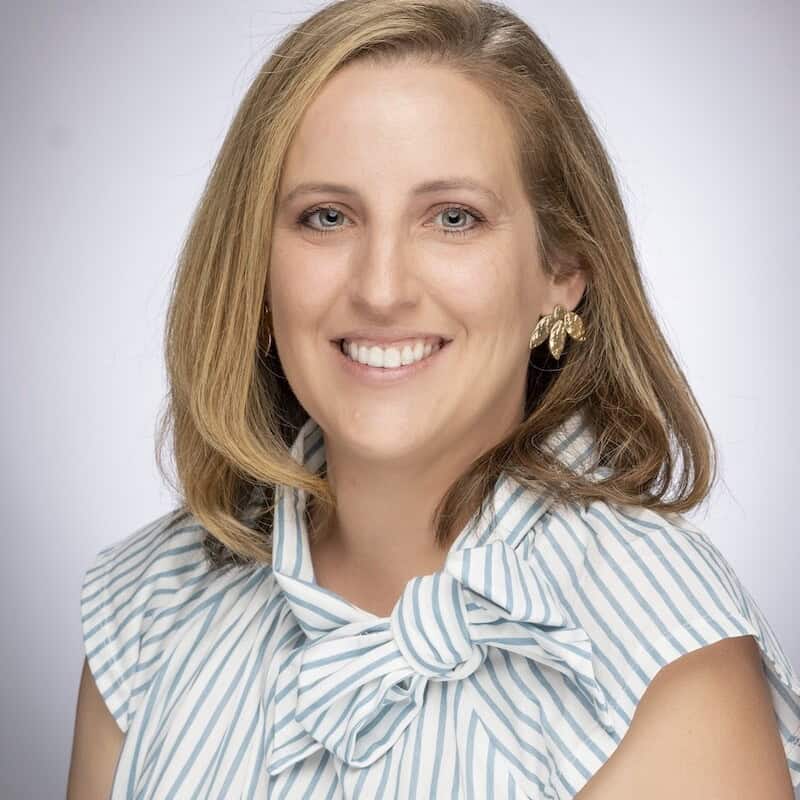
Dr. Jessika Boles
Discussion Topic: What We Know Now about Grief: Research with Children and Families
Dr. Jessika Boles is a Certified Child Life Specialist, developmental psychologist, and multidisciplinary researcher dedicated to enhancing pediatric medical and psychosocial care. With a clinical background in pediatric oncology, critical care, and bereavement, she focuses on integrating the perspectives of pediatric patients and their families into care strategies. Dr. Boles is the Lead Research Fellow of the Association of Child Life Professionals and an Assistant Professor of Practice at Vanderbilt University. She has authored over 40 peer-reviewed publications and is recognized for her contributions to improving psychosocial support in healthcare settings. She also currently leads the CHILL lab at Vanderbilt University where her team studies various dimensions of Children’s Healthcare, Illness, Legacy, and Loss.
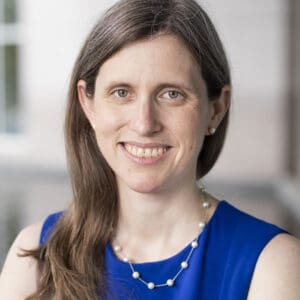
Dr. Tracy Hills
Discussion Topic: Supporting Children and Adolescents through Serious Illness
Dr. Tracy Hills is an Associate Professor of Clinical Pediatrics and the Medical Director of Pediatric Palliative Care at Monroe Carell Jr. Children’s Hospital at Vanderbilt. Dr. Hills works closely with children with life limiting medical conditions and their families where she helps guide families thru different stages of grief based on the child’s clinical condition.
Dr. Rachel McRoberts
Discussion Topic: Grief in Childhood: Healing Through Play & Ritual
Dr. Rachel McRoberts, LPC-MHSP, RPT-S, an award winning counselor, play therapist, supervisor, teacher, and author. Her areas of focus include creativity in mental health, sandplay, as well as culturally responsive religious and spiritually integrated practices. She is a professor at the University of the Cumberlands, an Approved Provider through the Association for Play Therapy, and offers training and consultation through her private practice. Having published research in several journals, her first book, Jungian Counseling & Play Therapy: Classical Theory for the Digital Age will be available September 2024. You can learn more at rachelmcroberts.com.

Elizabeth Power, M.Ed.
Discussion Topic: Sustaining Vitality as a grief care worker
- Founder, The Trauma Informed Academy®
- Fulbright Specialist in Trauma Informed Care
- Adjunct instructor, Psychiatry, Georgetown University Medical Center

Dr. Michelle Reising
Discussion Topic: Supporting Children and Adolescents through Serious Illness
Dr. Reising is a licensed clinical psychologist in Hematology/Oncology at Monroe Carell Jr. Children’s Hospital at Vanderbilt, where she also serves as Section Chief for Subspecialty Psychological Services in the Division of Pediatric Psychology. Dr. Reising specializes in psychosocial intervention for youth with serious health conditions and their families. Her research is clinical intervention based with a focus on stress, trauma, coping, and quality improvement regarding patient-centered care. In collaboration with clinical psychologist Dr. Shari Neul, Dr. Reising co-created the Behavioral Hematology-Oncology Program (BHOP), which provides evidence-based assessment and support of youth diagnosed with cancer or hematological disorders and their families.
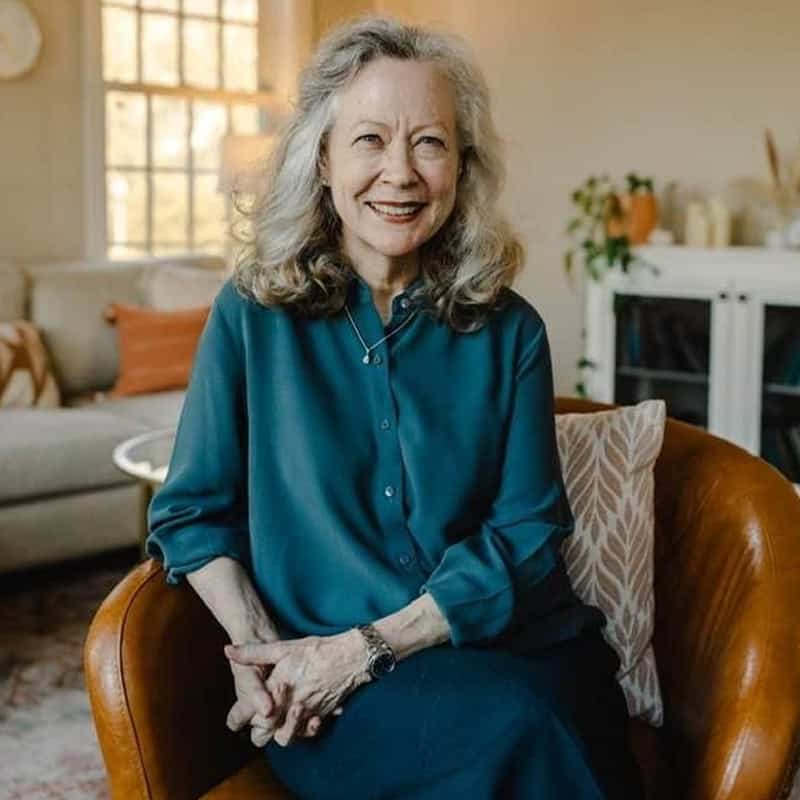
Dr. Joy Samuels
Discussion Topic: Shattered Assumptions: Working with clients whose world has been turned upside down
Dr. Joy R Samuels is a Licensed Professional Counselor (Mental Health Service Provider), a Fellow in Thanatology, and ordained in the Christian Church (Disciples of Christ, retired). She teaches in the graduate Clinical Mental Health Psychology Department at Lipscomb University, previously for the Course of Study (United Methodist Church) held at Candler School of Theology, Emory University, and presents the 1 Day ‘’Counseling Grief Clients’, and the 2 Day Treatment Certification Course; Evidence-Based Strategies for Helping Clients Make Meaning After Loss’‘ for PESI Education. While no longer seeing clients in private practice, she continues to offer post-masters supervision for those seeking licensure as LPC-MHSP. Joy has over 35 years of experience as a licensed professional counselor, chaplain, and ordained minister.
Among her areas of expertise are:
-
individual, couples, and family counseling
-
trauma and bereavement
-
post-masters supervision
Learn more at: samuelscounseling.com
photo credit: coysellers.com
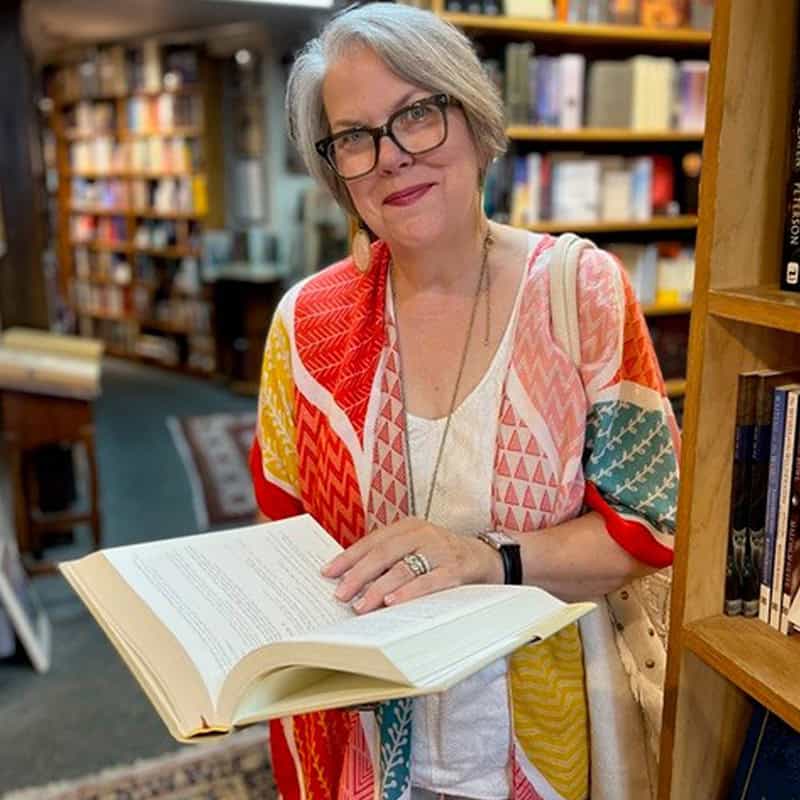
Amy Lyles Wilson
Discussion Topic: The Power of Your Personal Story: How Writing Helps Caring Professionals Tend to Themselves—and Others
Amy-Lyles Wilson, M.A., M.T.S., believes it is the sharing of our stories that saves us. Toward that end, she helps people get to the heart of the matter through words. A Mississippi native who calls Nashville home, Amy-Lyles works as a writer, story coach, spiritual director, and community-based teacher. She is affiliated with such local organizations as Wisdom Tree Collective, Day7, and The Porch. She has been published in a variety of magazines and co-authored or contributed to eight books. Amy-Lyles has served as adjunct professor and writer-in-residence at the Earlham School of Religion, and led workshops across the South, as well as at the Chautauqua Institution. She is a trained spiritual director and facilitator of both Amherst Writers and Artists and SoulCollage® workshops, and holds degrees in English, journalism, and theology. She recently earned a certificate in narrative healthcare from Lenoir-Rhyne University as part of her commitment to continued education and training.
Learn more at: amylyleswilson.com.
2023 Conference on Children’s Grief
Learning Objectives
-
What We Know Now About Grief: Research with Children and Families+
Speaker: Dr. Jessika Boles
This presentation will provide a comprehensive overview of grief research by exploring its historical development, assumptions, and patterns. Dr. Boles will share information regarding current research projects that aim to better align with the experience of grieving children and families, while highlighting her work with developing the “CHILL Lab.” Additionally, they emphasize the importance of identifying and examining local grief research to understand the unique cultural, social, and environmental factors influencing grief experiences and to develop effective, context-specific support systems.
Learning Objectives
- Describe the history of grief related research, and the assumptions and patterns this history reveals
- Evaluate the evolution and current foci in grief research from the perspectives of children and families
- Identify local grief research being conducted, and the potential implications of exploring grief experiences in this way
-
Grief in Childhood: Healing Through Play & Ritual +
Speaker: Dr. Rachel McRoberts
While mental health providers are aware that there are many children and adolescents impacted by loss, understanding how they express and communicate their grief can be a challenge. In this presentation, Dr. McRoberts will explore the symbolism through which youth commonly explore loss related themes and identify culturally sensitive therapeutic activities that can provide support and increase family cohesion. Participants will be inspired by Rachel’s approach to client care, “Counseling with Curiosity.”
Learning Objectives
- Describe how children uniquely experience grief & loss.
- List common symbols used by children processing grief.
- Identify culturally sensitive activities that may assist both the child and their family through grief.
-
Values Orientation and Grief: Centering Practices for Self & Inclusive Engagement with Families+
Speaker: Alesia Alexander
Building an inclusive practice and creating a culturally informed space for grief are imperative elements of our work, yet how do we get there? This engaging presentation will face challenges head-on and remind participants that through self-reflection and our own centering practices, we can provide tailored interventions that best fit the person seeking services, despite differences.
Learning Objectives
- Understanding Values Orientation: Examining how personal and cultural values influence our perceptions and responses to grief.
- The Nature of Grief: Understanding the multifaceted nature of grief and its impact on individuals and families.
- Centering Practices for Self: Introducing techniques and practices to help individuals center themselves, manage their grief, and maintain emotional well-being.
- Inclusive Engagement with Families: Strategies for engaging with families in a way that respects their unique values and experiences of grief.
- Creating Supportive Environments & Grief Supportive Networks: Building environments and networks that provide ongoing support for those experiencing grief.
-
Shattered Assumptions: Working with Clients Whose World Has Been Turned Upside Down+
Speaker: Joy Samuels
Assumptions help people make sense of their experiences and provide a feeling of safety and predictability. When a significant loss occurs, it can shatter these assumptions, leading to profound grief and disorientation. This presentation delves into the idea of the expectations and values our clients might hold, and how to assess and examine their meaning making process and internal strengths that will soften the blow of major loss and assist with adaptation in the face of upheaval.
Learning Objectives
- Exploring how expectations are created and maintained
- How to identify expectations and value language in clients
- Assessments to explore values and strengths
- Creating opportunities to recreate your assumptive world
-
The Power of Your Personal Story: How Writing Helps Caring Professionals Tend to Themselves—and Others+
Speaker: Amy Lyles Wilson
Highlighting the therapeutic benefits of writing, this presentation will explore the process of sharing one’s story to honor personal growth and create a broader understanding of suffering. Beyond reviewing research, and providing tools, writer Amy Lyles-Wilson will guide participants through narrative storytelling practices that can also be used when supporting grieving adults and families.
Learning Objectives
- Create awareness of research related to how writing about hard times can lead to personal understanding and growth, as well as universal awareness of suffering
- Provide tools and resources for telling one’s story in a way that contributes to both personal and communal development
- Examine effective examples of narrative storytelling for healing
-
Standing in the Face of Grief: Four Trauma-Responsive Skills+
Speaker: Elizabeth Power
Experiencing a significant loss can challenge a person’s resilience and vitality. Learning and practicing core trauma-responsive skills can enhance a clinician’s work with grieving clients. Through this interactive presentation, participants will increase competency with responding to grief in the clinical setting by learning evidence-informed and -based techniques they can begin using with clients immediately.
Learning Objectives
- Describe the experience of grief as a universal experience with unique reactions
- Identify three of the seven skills of Ginsberg’s model of resilience.
- Discuss ways the 7C schema of resilience strengthens the ability to adapt to grieving.
- Identify three core skills from trauma-responsive processes that support Ginsberg’s 7Cs.
- Demonstrate three core trauma-responsive skills presented.
-
Supporting Children and Adolescents Through Serious Illness+
Speakers: Dr. Tracy Hills and Dr. Michelle Reising
Talking about terminal illness in children can be a daunting task, even for the seasoned clinician. Yet, mental health providers can serve as a protective factor for children and families facing serious illness. This presentation will explore the anticipatory grief experienced by youth and their families when a prognosis is given and offer strategies for increasing communication and cohesion. Participants will learn multiple evidence-based practices and learn more about the presenters’ Behavioral Hematology-Oncology Program (BHOP) at Vanderbilt.
Learning Objectives
- Define anticipatory grief and describe developmental differences in grief presentation
- Describe effective communication strategies that foster adaptation and increased coping
- Identify two evidence-based interventions for children and adolescents coping with a serious illness

